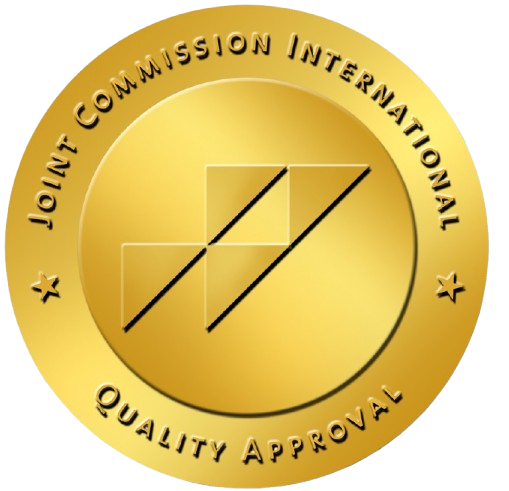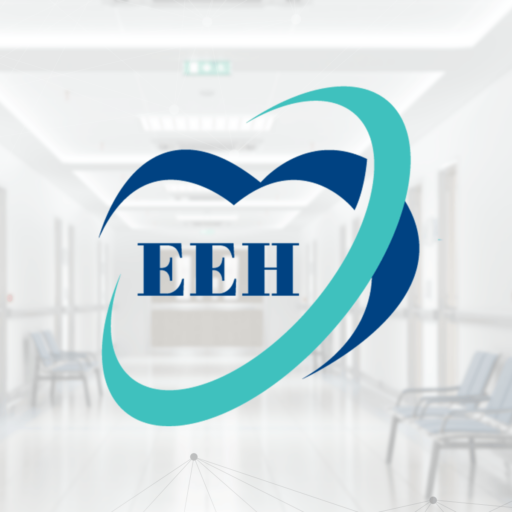Hemorrhoids, also known as piles, are swollen and inflamed veins in the rectum and anus that cause discomfort and bleeding. They are common and can affect individuals of any age, although they are more prevalent in adults aged 45 to 65. At Emirates European Hospital in Sharjah, comprehensive care and state-of-the-art treatment options are available to effectively manage and treat hemorrhoids, ensuring patient comfort and health.
Causes and Symptoms of Hemorrhoids
Hemorrhoids can develop due to various factors including:
- Chronic constipation or diarrhea: Straining during bowel movements can increase pressure in the rectal veins.
- Pregnancy: The pressure on the abdomen during pregnancy can lead to hemorrhoids.
- Obesity: Excess weight increases pressure on the veins in the lower rectum.
- Prolonged sitting: Sitting for long periods can contribute to the condition.
- Dietary habits: Low-fiber diets can result in constipation and hemorrhoids.
Common symptoms include:
- Painless bleeding during bowel movements
- Itching or irritation in the anal area
- Pain or discomfort
- Swelling around the anus
- A lump near the anus, which may be sensitive or painful
Diagnosis and Assessment
At Emirates European Hospital, the diagnostic process begins with a thorough consultation and physical examination. For a conclusive diagnosis, the medical team may perform:
- Digital Rectal Examination (DRE): A doctor inserts a gloved, lubricated finger into the rectum to check for abnormalities.
- Anoscopy: A small, tubular instrument is used to view the lining of the anus and rectum.
- Proctoscopy: Provides a more extensive examination of the rectum.
Treatment Options
Emirates European Hospital offers a range of treatments, from conservative management to advanced surgical procedures, depending on the severity of the hemorrhoids.
Lifestyle and Dietary Changes: Increasing fiber intake, staying hydrated, and avoiding prolonged sitting can mitigate mild symptoms. Over-the-counter creams and suppositories may also provide relief.
Minimally Invasive Procedures: For persistent or severe hemorrhoids, several outpatient procedures are available:
- Rubber Band Ligation: A rubber band is placed around the base of the hemorrhoid to cut off circulation, causing it to wither.
- Sclerotherapy: A chemical solution is injected into the hemorrhoid tissue to shrink it.
- Infrared Coagulation (IRC): Infrared light is used to cause scar tissue, thereby cutting off blood supply to the hemorrhoid.
Surgical Treatments: In cases where less invasive methods are not effective, surgical intervention may be necessary:
- Hemorrhoidectomy: Complete removal of severe hemorrhoids.
- Stapled Hemorrhoidopexy: A device is used to staple and remove the tissue, leading to less pain and faster recovery.
Post-Treatment Care
Post-treatment, patients receive detailed guidance on promoting healing and preventing recurrence, including diet modifications and gentle exercise. Follow-up appointments are essential to monitor recovery and address any ongoing symptoms or concerns.
Conclusion
Hemorrhoids, while uncomfortable, can be effectively treated with the right medical care. Emirates European Hospital in Sharjah provides comprehensive solutions tailored to individual needs, ensuring relief and improved quality of life for patients. With expert healthcare professionals, advanced treatments, and a patient-centered approach, the hospital is committed to excellence in managing hemorrhoid conditions.
Emirates European Hospital in Sharjah
Al Sharq St – Al Gulai’aah – Al Sharq – Sharjah
Phone: 06 561 9444
Email: patientcare@eehospital.com



